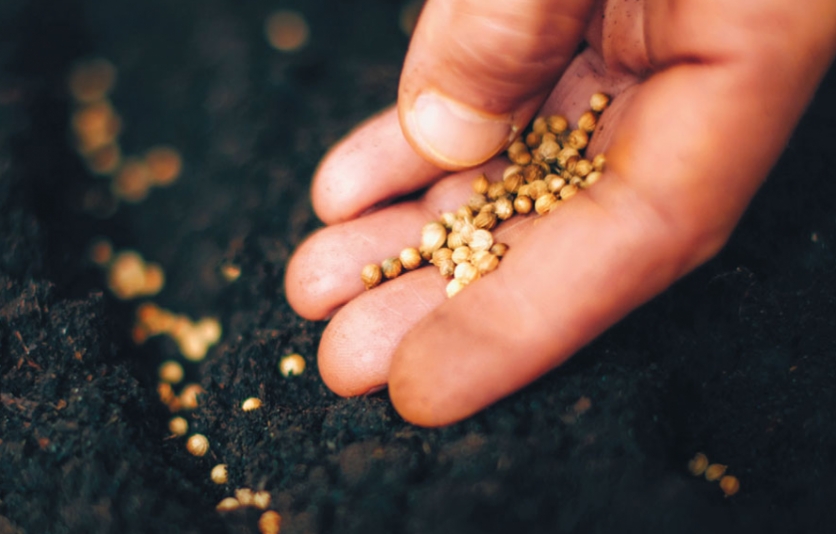Food Justice and Food Sovereignty: Cultivating Equity and Choice
Farmer and environmentalist Wendell Berry once wrote that “eating is an agricultural act,” arguing against the industrialization of a food system that disrupts human-environment connections, creating products rather than real food, observing that “both eater and eaten are thus in exile from biological reality.” Indian scholar and activist Vandana Shiva expanded this concept further, exemplifying the intersectionality of food and just about every aspect of our lives: “Eating is an ecological act. Eating is an ethical act. Eating is a political act. Eating is an agricultural act.” Food crosses every aspect of human life, for better or for worse.
Food systems have inevitably been shaped by policy, and preferences dictated predominantly by those who hold power, influence, and wealth. Political agendas and actions centuries old have lasting impacts on marginalized cultures and their homelands. Here in Alaska, Indigenous foodways have come close to decimation at the hands of colonialism, capitalism, and climate change. Emerging movements supporting greater food sovereignty are challenging these oppressive systems, promoting a restoration of care for the earth, and revisioning and redefining local food systems.
According to the Declaration of Nyéléni, a document created at the first global forum on food sovereignty in Mali in 2007, food sovereignty has its roots in labor organizing and is, at its core, the right of all people to have healthy, culturally appropriate food, and the right to define one’s own food and production systems. Instead of catering to market and corporate demands, food sovereignty prioritizes the needs, preferences, and rights of people: those who produce, distribute, and consume food. It aims to equitably redistribute power and decision making. Food sovereignty is often intertwined with ecological sustainability.
Communities do not choose the travesties associated with a globalized food system—harsh working conditions with little to no worker protections, low wages, and limited choice in food and production. Government and private sector policies, judicial action, and systemic racism have directly shaped access to viable economic opportunity, to culture preference, and to traditional food resources. Despite the vast inequities found within our current food systems, locally led and organized food sovereignty movements are rising to elevate food sovereignty through community defined ways and means. If we are to achieve greater equity and diversity for all, tenets of food sovereignty must be honored at every link in the food supply chain, keeping community need and self-determination at the heart.
Editors’ note: we welcome Robbi Mixon, Executive Director of the Alaska Food Policy Council, to our pages with an introduction to food justice and food sovereignty. If you would like to learn more about the work of AFPC, visit their website, alaskafoodpolicycouncil.org.
I acknowledge that my positionality, that of a white-identifying, middle class woman residing in the traditional Dena’ina and Sugpiak lands, does not represent the wide range of worldviews, cultures, and individual needs of all peoples and communities. —Robbi











